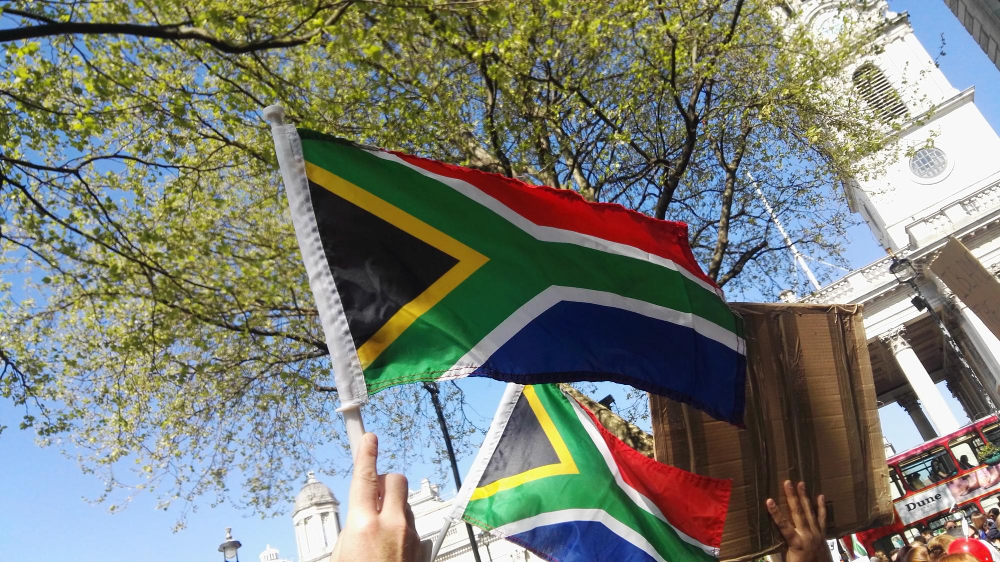The Impact of U.S. Aid Cuts on Ordinary South Africans: A Wake-Up Call for Engagement

Why Should South Africans Be Concerned?
The U.S. aid suspension is not just a distant diplomatic manoeuvre, it has real consequences for the people on the ground. Here’s how:
- Disruptions to Humanitarian Programs: The World Food Program (WFP) has already announced the closure of its Southern Africa office in Johannesburg, which means thousands of vulnerable people reliant on food aid and nutritional support could face dire circumstances.
- Economic Uncertainty: The withdrawal of funding from the $45 billion Just Energy Transition Partnership (JETP) puts South Africa’s green energy transition at risk, potentially increasing electricity costs and worsening unemployment.
- Strained International Relations: South Africa’s stance on international issues, such as its legal actions against Israel, has put it at odds with major supporters of the genocidal Netanyahu right-wing coalition. The consequences of these tensions are beginning to manifest in economic retaliation, affecting trade, investment, and financial stability.
- The dire consequences on the progress made against HIV-AIDS treatment program under PPFAR and its potential impact on access to anti-retrovirals particularly by vulnerable groups

V20MM: A Platform for Critical Engagement
Through V20MM, we are building a space where South Africans can connect with mega thinkers, activists, business leaders, and policymakers to voice our concerns, share knowledge, and develop actionable solutions. Engaging with thought leaders allows us to:
• Understand the Bigger Picture: Why is South Africa being targeted? What does this mean for our economy and international standing? • Take Collective Action: How can we advocate for policies that protect the interests of ordinary citizens?
• Empower Ourselves Through Knowledge: Learning from history and global experts helps us navigate these complex challenges with informed perspectives.
South Africa Must Stand Up for Itself
By engaging with mega thinkers, policymakers, and fellow citizens, we can ensure that our voices are heard and that we shape the narrative of our country’s future, not just in the boardrooms of global superpowers, but in the hearts and minds of the people who live and breathe South Africa every day.
The question remains: Will you be part of the conversation, or will you let decisions be made for you?
